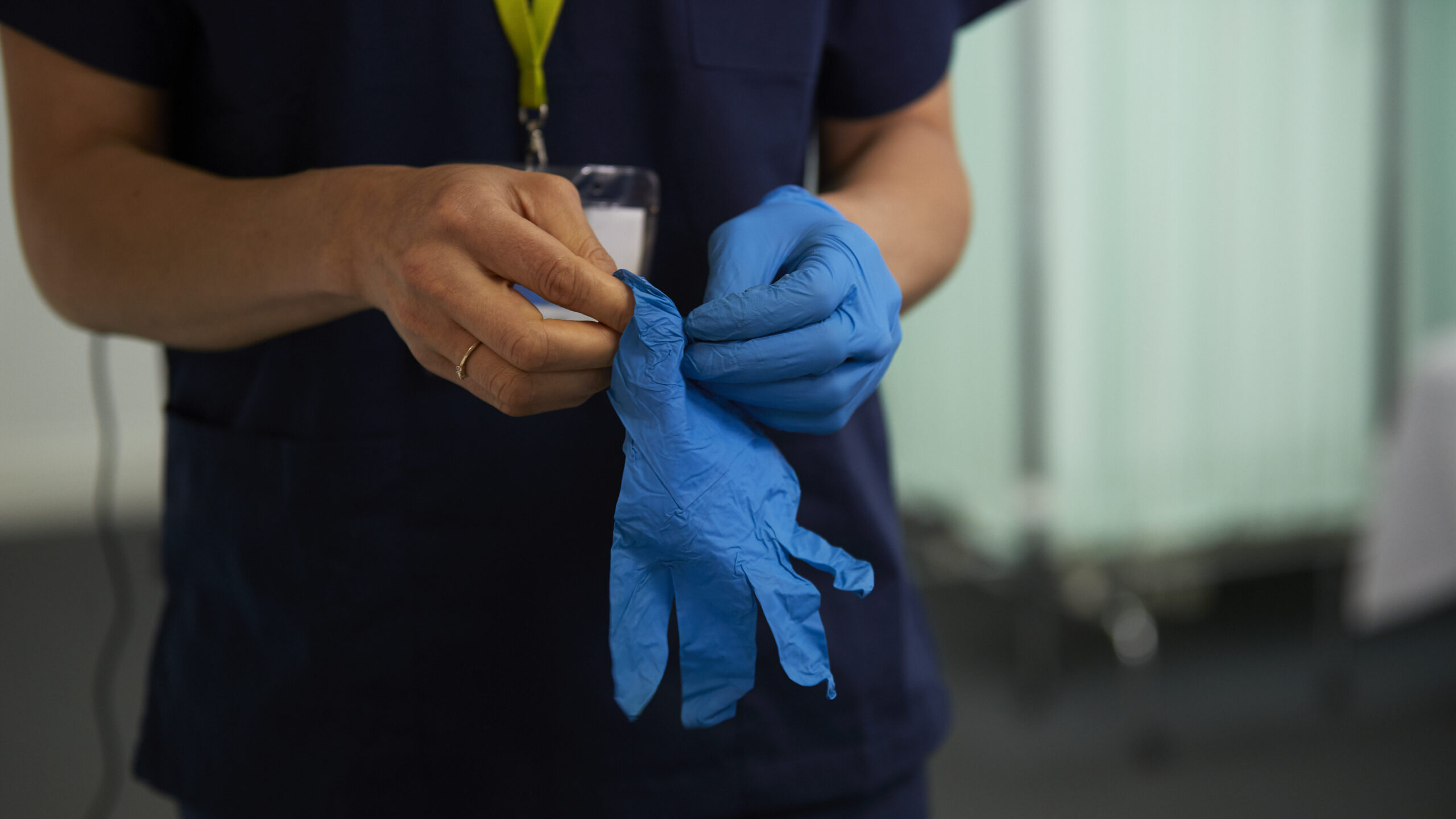Infectious disease outbreaks

Infectious diseases are caused by pathogenic (disease causing) microorganisms, such as bacteria, viruses, parasites or fungi. Diseases can be spread from person to person directly (for example through physical contact with an infected person or through droplets in the air) or indirectly (for example an infected person may touch a door handle, which another person could then touch and become infected). There are also zoonotic diseases, which are infectious diseases that can spread from animals to humans, either directly or indirectly.
Who is most at risk?
While anyone can be affected by infectious diseases, some people are particularly at risk of either contracting an infection, or of developing more severe illness/consequences due to contracting an infection. At risk groups can vary depending on the specific disease but may include:
- People who have a weakened immune system (immunosuppressed) or other underlying health conditions.
- Older adults.
- Babies and young children.
- Pregnant people.
The NHS website provides specific information related to at risk groups for a variety of infectious diseases.
Actions to take to best protect yourself and others from infectious diseases
Wash your hands regularly with soap and clean running water (for at least 20 seconds) and specifically:
- Before, during and after preparing food or handling ready to eat food.
- After using the toilet or changing a soiled nappy / underwear.
- After coming into contact with animals or animal waste.
- After coughing, sneezing or blowing your nose.
- If you are unwell, or have been around people who are unwell.
- If you do not have immediate access to soap and water, hand sanitiser can be used to clean hands that are not visibly dirty. However, hand sanitiser does not effectively remove all types of disease-causing organisms (e.g., norovirus), so soap and water should be used to wash hands wherever possible.
- Cover your mouth and nose with a tissue if you cough or sneeze (and throw used tissues in the bin).
- Clean surfaces that people touch a lot (e.g. door handles), and regularly clean and disinfect all areas in contact with food, dirt, or body fluids (e.g. toilets).
- Ensure occupied spaces are well ventilated and let fresh air in.
- Make sure you and your family are up to date with routine vaccines. While there is not a vaccination for every infectious disease, vaccinations are the most effective way to prevent many infectious diseases. Read information about how vaccines work and the most common side effects and a full list of the routine vaccinations offered and when they should be given on the NHS website, or speak to a health professional.
- If you are unwell, try to stay home or avoid contact with other people. Some diseases have specific exclusion periods: read more about these on the NHS website.
- If travelling outside of the UK, visit the National Travel Health Network website and read the NHS travel vaccination guidance and if needed, get vaccinated before you travel.
Further information and resources
The NHS website has helpful information and advice on effective hand washing, including pictures and videos.
The e-Bug website operated by the UK Health Security Agency provides free resources for parents to use to teach children about hand and respiratory hygiene.